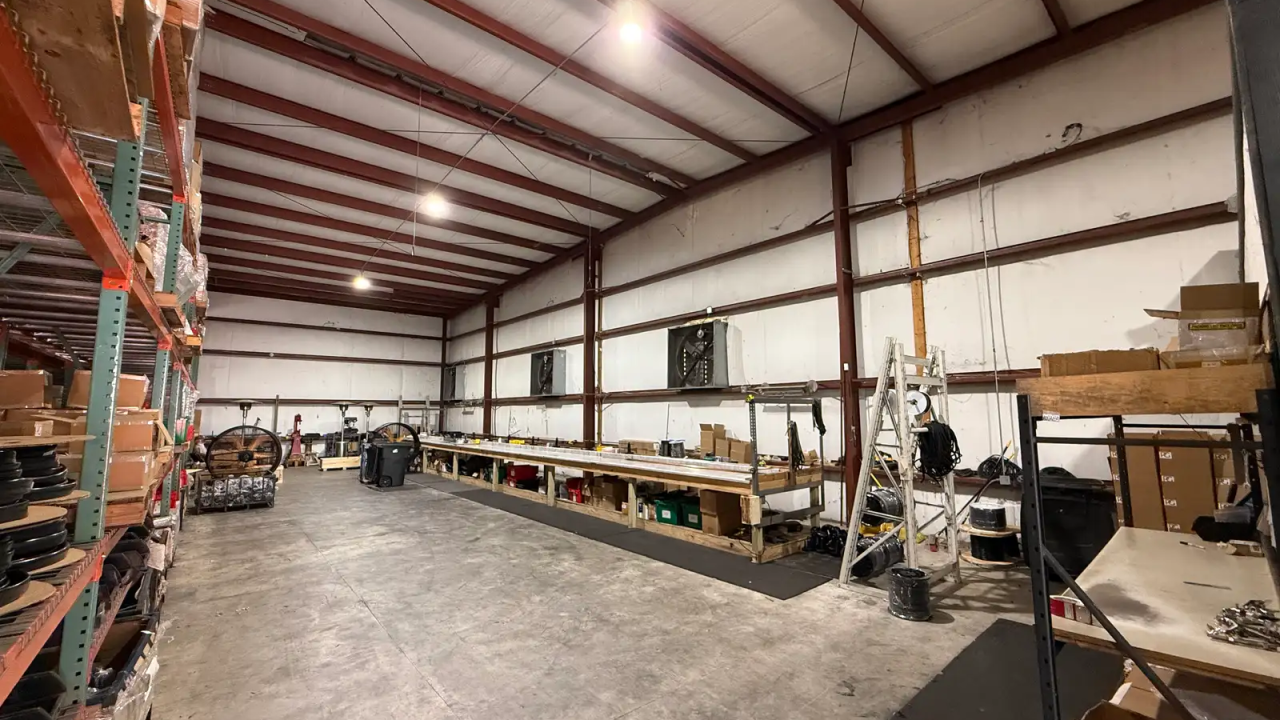How Real Estate Creates Lasting Wealth: Your Path to Building a Family Legacy
Curated for Aspiring Real Estate Investors, Family Wealth Builders and Strategic Property Owners
If you've ever wondered how some families seem to build wealth that lasts for generations while others struggle to build a legacy, the answer often lies in real estate. While most people work for money, successful investors make money work for them through strategic real estate investments. This isn't about getting rich quick or flipping houses for TV dramatics. This is about understanding how real estate offers unique advantages that no other investment can match, and how you can use these advantages to build lasting wealth for your family.
The Unique Power of Real Estate Investment
Real estate occupies a special place in wealth building because it combines four powerful benefits that work together to accelerate your financial growth. Unlike stocks, which offer potential appreciation, or bonds, which provide income, real estate offers cash flow from rental income, appreciation as property values grow, significant tax benefits and leverage to control more property with less of your own money.
People will always need places to live and work, and every economy requires infrastructure. This creates constant demand for real estate. When you buy a rental property, your tenants essentially pay your mortgage while you build equity and enjoy tax benefits. Over time, this creates what successful investors call the "wealth acceleration effect," where you earn more and keep more of your earnings.
The key difference between real estate and other investments is that real estate is both necessary and finite. There's only so much land in desirable locations, but the demand for that land continues to grow as populations increase and economies expand. This scarcity, combined with the income-producing nature of real estate, creates a powerful foundation for building wealth that can last for generations.
Building Generational Wealth Through Real Estate
The creation of generational wealth through real estate isn't about luck or timing the market perfectly. Successful investors understand that real estate's unique characteristics make it the ideal vehicle for building wealth that lasts across multiple generations. Unlike other investments that may become obsolete or lose relevance over time, well-located real estate remains valuable and productive for decades. This allows families to pass not just wealth, but wealth-generating assets that will continue to appreciate and produce income long after they're gone.
One of the most important concepts for new real estate investors to understand is that you don't always need to use your own money to get started. Creative financing strategies, including partnerships and assuming existing loans, can help you control valuable real estate with minimal cash investment. Learn to structure deals that work for both you and the seller, often by solving problems they have rather than simply offering the highest price.
Successful investors also understand that generational wealth isn't just about the money. Wealth-building prioritizes assets that provide options and security for future generations. Real estate investments can provide steady income for family members who need it, serve as collateral for business ventures or education expenses and offer stability during economic uncertainty. When structured properly, real estate can provide the foundation for family wealth that lasts for centuries.
The 1031 Exchange: Your Key to Tax-Deferred Wealth Building
One of the most powerful tools in the real estate investor's arsenal is the 1031 exchange, a strategy that allows you to defer capital gains taxes while building and diversifying your portfolio. Understanding how this works is crucial for anyone serious about creating lasting wealth through real estate.
When you sell an investment property, you typically owe capital gains taxes on the appreciation, or the difference between what you paid for the property and what you sold it for. However, the 1031 exchange allows you to defer these taxes by reinvesting the proceeds into another property. This means you can sell a large, high-maintenance property and use all the proceeds (not just what's left after taxes) to purchase a smaller, more manageable property your family won’t feel burdened by once you’re gone.
The real magic happens when you pass these assets to your children. Thanks to the "step-up in basis" provision, your heirs inherit the properties at their current market value, effectively eliminating the capital gains taxes that would have been owed on all the appreciation that occurred during your lifetime. This creates a powerful wealth-building cycle: you build a portfolio using 1031 exchanges to defer taxes and maximize growth, then pass tax-free assets to the next generation. However, it's important to understand the different types of taxes that may affect your strategy. While 1031 exchanges help with capital gains taxes on appreciated assets, they don't address income taxes on rental income you receive or help with estate taxes if your total estate exceeds a certain threshold.
For high-net-worth investors, estate planning becomes crucial. If your estate is worth more than $14 million, anything above that threshold gets taxed at 18-24%, and there's no way to defer this through 1031 or 721 exchanges. This is why successful investors have early conversations with estate planners and consider strategies like putting assets in trusts, dedicating assets as "gifts" to children and borrowing them back with promissory notes or other advanced planning techniques. Some states have sales taxes associated with real estate transactions, though Louisiana does not. Understanding your local tax implications is essential for maximizing the benefits of these strategies.
Advanced Strategies: The 721 Exchange for Portfolio Diversification
As successful investors build real estate portfolios over time, they often face a common challenge: their wealth becomes concentrated in a few large properties that may not align with their family's long-term goals. Perhaps their children aren't interested in managing commercial buildings, or they want to reduce the risk of having too much wealth tied up in specific properties or markets. This is where the 721 exchange becomes a powerful tool.
The 721 exchange allows property owners to contribute their real estate to partnerships or Real Estate Investment Trusts in exchange for partnership interests or shares, often without triggering immediate tax consequences. Think of it as trading your individual properties for shares in a diversified portfolio of real estate investments. This strategy is particularly valuable for investors who have built successful portfolios but want to reduce management responsibilities.
The primary benefits of a 721 exchange are risk management and preserving family relationships. Instead of leaving your children with the burden of managing individual properties they may not understand or want to deal with, you can convert your real estate holdings into easily tradeable shares. Your heirs can then sell these shares like stocks when they inherit them, to avoid taxes and access cash without the complexities of property management.
While the returns from a diversified real estate trust may be lower than owning individual properties, this strategy provides peace of mind for families who prioritize wealth preservation and simplicity over maximum returns. It's an exit strategy that allows successful investors to maintain their real estate exposure while solving the practical problems of wealth transfer and family dynamics.
Your Path to Real Estate Wealth: Getting Started
The journey to building wealth through real estate begins with understanding that you don't need to be wealthy to start, but you do need to be strategic. The most successful real estate investors often begin with modest investments and use the cash flow and equity from those properties to acquire larger and more valuable assets over time.
The key is to start with what you know and where you know it. If you've spent years shopping at local retail centers, consider investing in a small strip mall. If you've lived in apartments, a small multi-family property might be your starting point. If you've worked in office buildings, you might understand the office market in your area. The familiarity you have with different property types and locations gives you advantages that shouldn't be overlooked.
Understanding your local market is crucial because real estate is inherently local. National trends matter, but what really determines your success is understanding the specific dynamics of your area. Where are people moving? What businesses are growing? What infrastructure improvements are planned? This local knowledge, combined with proper due diligence, helps you identify opportunities that others might miss.
As you build your initial portfolio, focus on properties that generate positive cash flow from day one. While appreciation is important for long-term wealth building, cash flow provides the foundation that allows you to hold properties through market cycles and reinvest in additional assets. Properties that pay for themselves while you own them are the building blocks of lasting real estate wealth.
For those ready to take the first step, the opportunity to build lasting wealth through real estate has never been more accessible. The next phase of your journey involves understanding exactly how to identify, evaluate and acquire your first investment property. With the right knowledge and approach, real estate can provide the foundation for the financial future you've always envisioned for yourself and your family.





